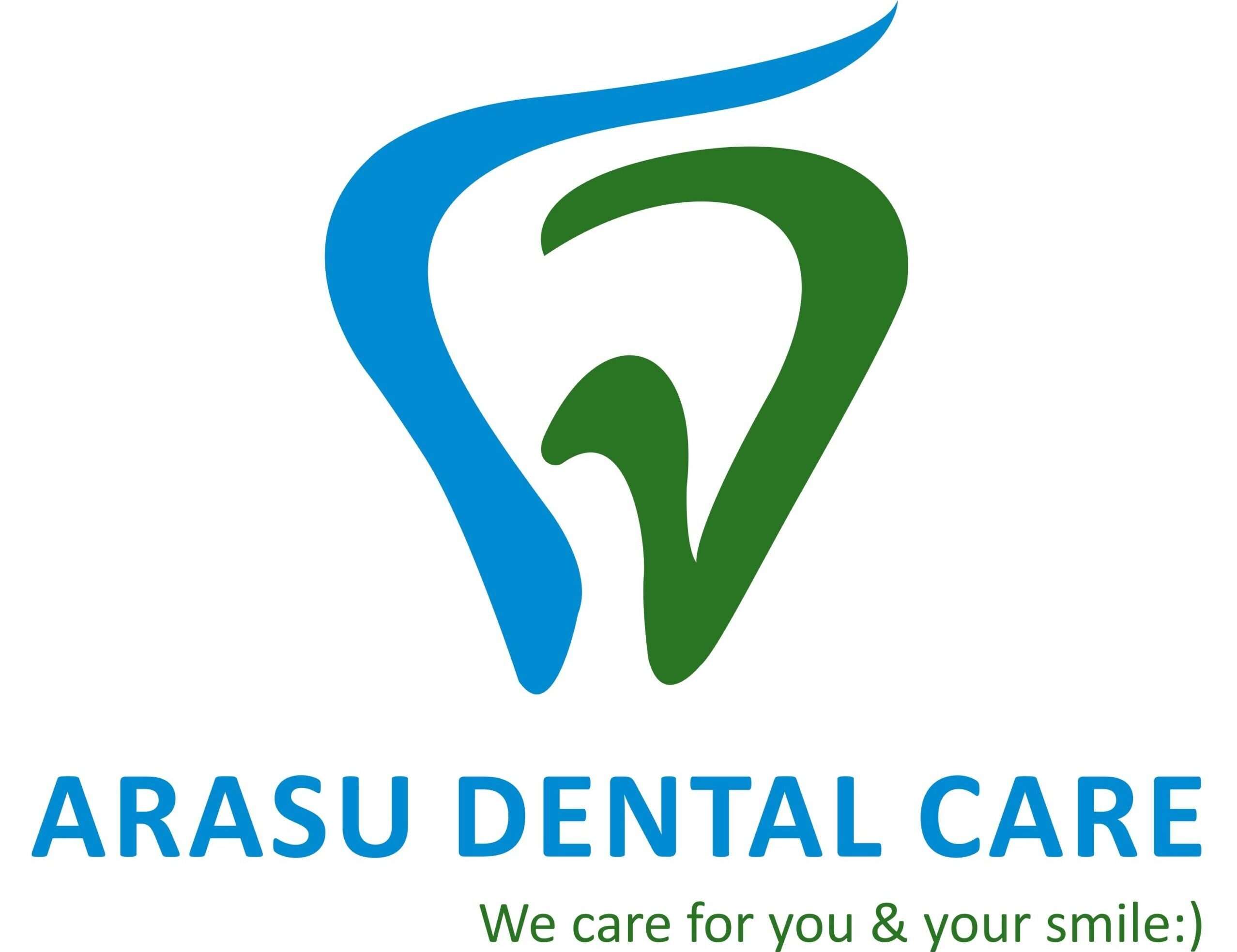Oral health refers to the condition of the teeth, gums, and other structures in and around the mouth. It is a crucial aspect of overall health and well-being. Maintaining good oral health involves a combination of proper oral hygiene practices, a balanced diet, and regular dental check-ups. Here are some key aspects of oral health:
- Oral Hygiene:
- Brushing: It is important to brush your teeth at least twice a day using fluoride toothpaste. Brushing helps remove plaque, a sticky film of bacteria that can lead to tooth decay and gum disease.
- Flossing: Dental floss helps clean between teeth and along the gumline, where a toothbrush may not reach. This helps prevent cavities and gum problems.
- Diet:
- A well-balanced diet that is rich in vitamins and minerals, particularly calcium and vitamin D, is essential for maintaining strong teeth and healthy gums.
- Limit the intake of sugary and acidic foods and beverages, as they can contribute to tooth decay and erosion.
- Regular Dental Check-ups:
- Regular visits to the dentist are crucial for preventive care. Dentists can identify and address dental issues in their early stages, preventing more significant problems later on.
- Professional cleanings help remove plaque and tartar buildup that may be difficult to address with regular brushing and flossing.
- Avoiding Harmful Habits:
- Tobacco use, including smoking and chewing tobacco, can contribute to gum disease and oral cancer. Quitting or avoiding these habits is essential for oral health.
- Excessive alcohol consumption can also have negative effects on oral health.
- Protecting Teeth:
- Use mouthguards during sports activities to protect teeth from injury.
- Avoid using teeth for tasks other than chewing food, such as opening bottles or tearing packages.
- Monitoring Oral Health Changes:
- Be vigilant for any changes in the mouth, including the appearance of sores, unusual bleeding, or persistent bad breath. These could be signs of underlying oral health issues or systemic conditions.
- Fluoride:
- Fluoride is a mineral that helps prevent tooth decay. It is often present in toothpaste and drinking water. Some individuals may benefit from additional fluoride treatments, depending on their oral health needs.
Remember that oral health is interconnected with overall health. Poor oral health has been linked to various systemic conditions, such as cardiovascular disease and diabetes. Therefore, maintaining good oral hygiene practices and seeking professional dental care are essential components of a healthy lifestyle.
